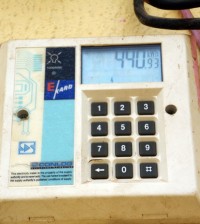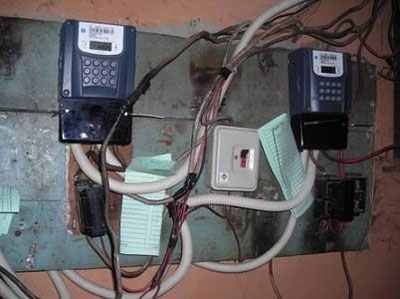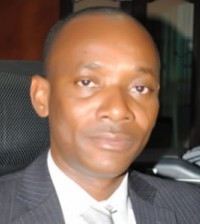Nigeria dumps nuclear power plans
Nigeria may have foreclosed any plans to explore nuclear energy as an alternative source of electricity power generation.
Minister of state for power, Nuhu Wya, who gave this hint in Lagos, said the country would explore other means of power generation in which it has comparative advantage.
Responding to a question at the power conference held in Lagos last week, he said with the inherent danger in nuclear power, the country had no business pursuing that source.
“Why do we have to be talking about using nuclear power? If we have so many other sources of energy that are untapped, why do we have to be talking of one that is not readily available and is a long term development plan? For you to put a nuclear plant and get it working, you are talking about eight years,” Mr. Wya said.
Minister of environment, John Odey, had said the use of nuclear energy for electricity generation is no longer an option but a necessity, if Nigeria is to meet her energy needs. According to him, the grid capacity built around oil, natural gas, and hydro is not only grossly inadequate but cannot meet the country’s current and future energy demand.
Nuclear emergencies
However, with this pronouncement, the government may have jettisoned the idea. Following the earthquake in Japan, its nuclear plants, which accounts for about 29 per cent of the country’s electricity power supply, were badly affected, raising global concern about the dangers of nuclear plants, especially for developing countries like Nigeria.
Though the country has a watchdog, the Nigerian Nuclear Regulatory Authority, which is supposed to regulate and ensure safety in the use of nuclear energy, its state of preparedness to handle such emergencies is still in doubt.
Mr. Wya said the country has abundant capacity in other energy sources such as hydro and thermal, which have not been fully utilised.
“We have received expression of interest from firms that want to invest in the power sector in hydro, gas, wind, coal, and solar power plants.
“We must remember that Nigeria is gas and oil economy and already has enough gas to potentially power the whole of Africa. In the same manner, government has commenced effort to balance the energy needs with the development of new sources of power from naturally evolved resources. Already, pilot scheme for solar and wind projects are ongoing,” Mr. Wya said.
Potential impediments
Mr. Wya said potential impediments to the entrance of private sector investment in every facet of the power sector will be totally eliminated, in order to make it attractive to investors.
Chairman of the Nigerian Electricity Regulatory Commission (NERC), Sam Amadi, said government would guide against the emergence of monopolies and manipulations in the power sector once it is privatised.
“It is normal to find collusion. A market participant can be so powerful that it can consistently act independently in keeping price above competitive level. Electricity market can lend itself to manipulation,” Mr. Amadi said.
He said the commission will strive to protect consumers while ensuring that electricity tariff will be competitive enough to encourage investment in the sector.
“We will protect consumers by ensuring just and fair pricing, carry out social policies, and prevent anti-competitive practices by active participants,” he said.
source : 234next








